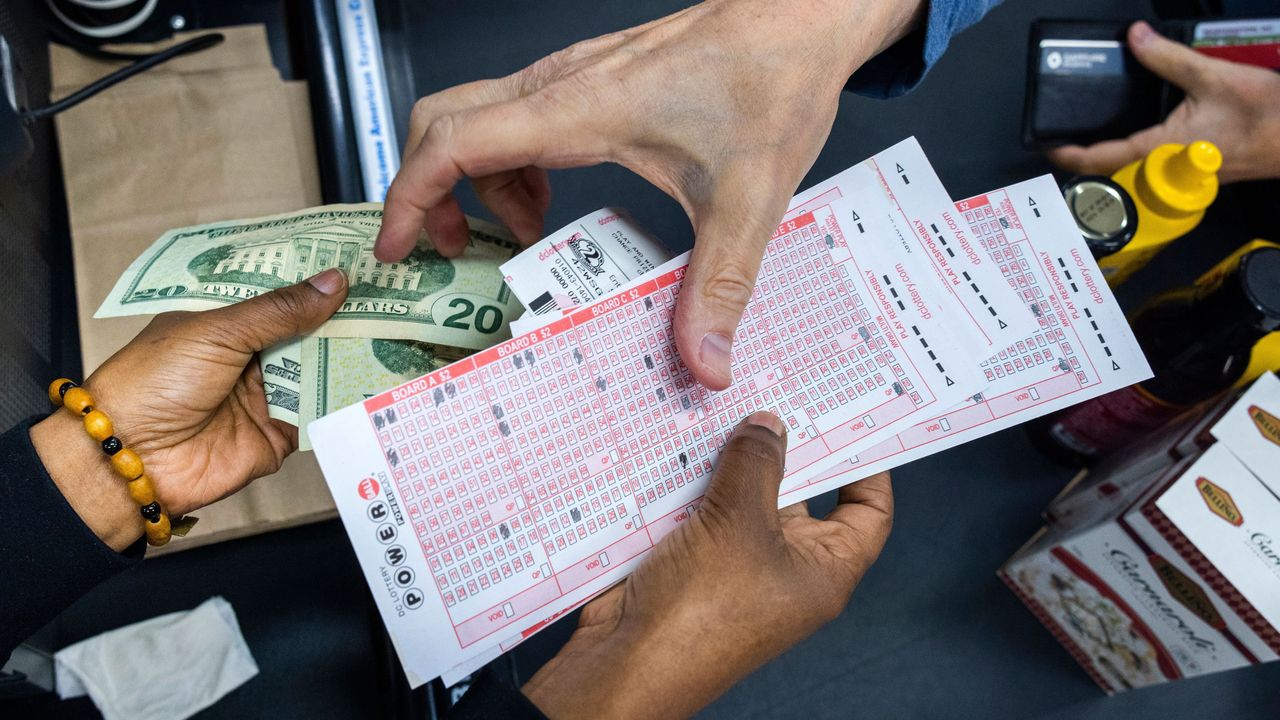
The Intricate Web of Lottery Gambling: A Modern Day Temptation
In the realm of gambling, few activities hold the universal allure of the lottery. It’s a phenomenon that transcends borders, cultures, and generations. The promise of instant wealth through a stroke of luck is a tantalizing prospect that has enthralled humanity for centuries. daftar koitoto, behind the glittering facade of lotteries lies a complex landscape of psychology, economics, and social impact.
Lottery gambling, in its essence, is a game of chance. It offers participants the opportunity to wager a small sum in exchange for a chance to win a substantially larger jackpot. This fundamental structure, simple as it seems, belies a deeper psychological mechanism that hooks millions of players worldwide. The allure of the lottery lies in its accessibility and the promise of a life-altering windfall, which taps into the human desire for hope and possibility.
From a psychological standpoint, the lottery preys on cognitive biases such as the availability heuristic and optimism bias. The availability heuristic leads individuals to overestimate their chances of winning because they vividly recall stories of jackpot winners, despite the astronomically low odds. Optimism bias convinces people that they are luckier or more skilled than others, leading to increased participation.
Economically, lotteries are a significant revenue generator for governments worldwide. Proceeds often fund public services such as education, infrastructure, and healthcare. However, this financial boon comes at a cost, as lotteries disproportionately target lower-income individuals who spend a larger portion of their income on tickets, hoping for a way out of financial hardship.
Socially, the impact of lotteries is multifaceted. On one hand, lottery winnings can improve individual lives and contribute positively to communities through philanthropy. On the other hand, studies suggest that lottery participation can exacerbate existing financial struggles, leading to debt and other socio-economic issues.
The cultural impact of lotteries is undeniable. They have become ingrained in popular culture, influencing everything from literature to films and advertising. The lottery symbolizes the ultimate fantasy of the American Dream and beyond, offering a narrative of hope and transformation.
Critics argue that lotteries exploit the vulnerable, offering false hope in exchange for financial investment. The odds of winning are often incredibly low, leading to accusations that lotteries function as a regressive tax on the poor.